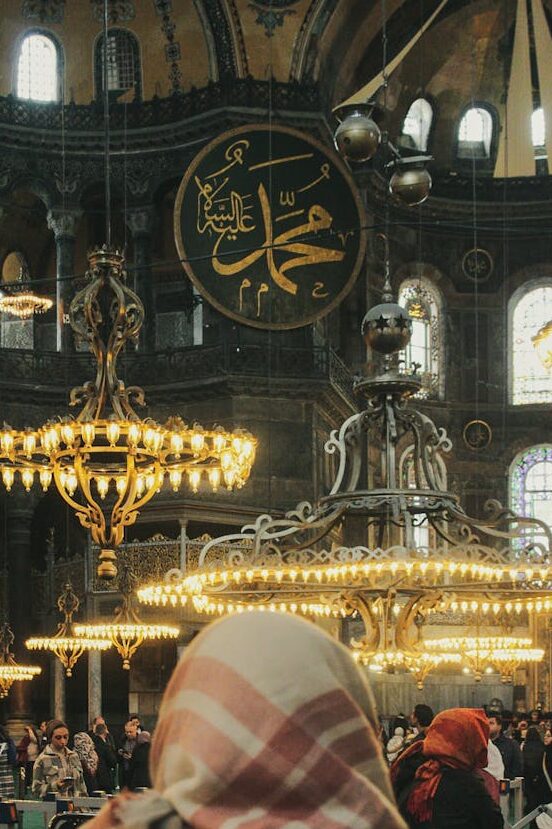
When visiting Turkey, it’s important for tourists to be aware of the country’s cultural sensitivities to ensure a respectful and smooth experience. Whether you’re visiting a mosque, entering someone’s home, or simply meeting people, understanding Turkish etiquette will help you make a positive impression and avoid misunderstandings.
Visiting Sacred Places
When visiting mosques and other religious sites in Turkey, there are specific customs and rules to observe:
- Dress Modestly: Men and women should cover their arms and legs. Women are also expected to cover their heads with a scarf when entering a mosque. Most mosques will provide scarves at the entrance if you don’t have one.
- Remove Your Shoes: It is customary to remove your shoes before entering a mosque. You will often find shoe racks at the entrance for storage.
- Respect the Prayer Time: If you happen to visit a mosque during prayer time (especially on Fridays), it’s important to be quiet and avoid taking photos of people in prayer.
- Avoid Pointing Your Feet: When seated inside a mosque, avoid pointing your feet toward the Qibla (the direction of Mecca) or religious symbols as it can be considered disrespectful.
Visiting Homes
Turkish people are known for their hospitality, and if you’re invited to someone’s home, it’s considered a great honor. There are a few cultural norms to follow to show respect to your hosts:
- Bring a Gift: It’s polite to bring a small gift when visiting someone’s home, such as flowers, chocolates, or sweets.
- Remove Your Shoes: Similar to mosques, you’ll be expected to take off your shoes at the door. The host will usually offer house slippers for you to wear.
- Dining Etiquette: Turkish meals are often a communal experience, and hosts may encourage you to eat more. It’s polite to try everything offered, and refusing food can sometimes be seen as rude. However, if you’re full, expressing gratitude and politely declining more is perfectly fine.
- Compliment the Host: Complimenting the food and the host’s hospitality is a good way to show your appreciation.
Meeting and General Behavior
When meeting someone for the first time or engaging in everyday interactions, a few key behaviors can go a long way in ensuring positive communication:
- Handshakes: A firm but gentle handshake is a common form of greeting. It’s polite to wait for the older person or the woman to offer their hand first.
- Use of Titles: In more formal situations, it’s common to address someone by their first name followed by “Bey” (for men) or “Hanım” (for women), which is a respectful way of addressing someone.
- Personal Space: Turkish people tend to stand closer to each other during conversations compared to Western cultures. However, respect for personal space is still important.
- Body Language: Avoid pointing your finger at someone or making the “OK” sign, as these gestures can be considered rude or offensive in Turkey.
How Turks Show Discomfort
Turkish people are generally very polite and indirect when they’re uncomfortable. Instead of confronting issues head-on, they might give subtle cues:
- Silence or Hesitation: If someone suddenly becomes quiet or hesitant in their responses, it might be a sign that they’re uncomfortable or disagree with what’s happening.
- Body Language: Shifting body language, such as crossing arms, avoiding eye contact, or slightly distancing themselves, could be a signal of discomfort.
Tips to Avoid Conflict
While Turkish people are generally warm and welcoming, misunderstandings can happen. Here are a few tips to avoid conflict:
- Stay Calm: If a disagreement arises, it’s best to remain calm and polite. Raising your voice or becoming confrontational will often escalate the situation.
- Humor: Using humor is an effective way to defuse tension in Turkey. A friendly joke or light comment can go a long way in softening the mood.
- Apologize if Necessary: If you realize you’ve made a mistake or caused offense, a simple apology goes a long way. Turks value politeness and will appreciate the gesture.